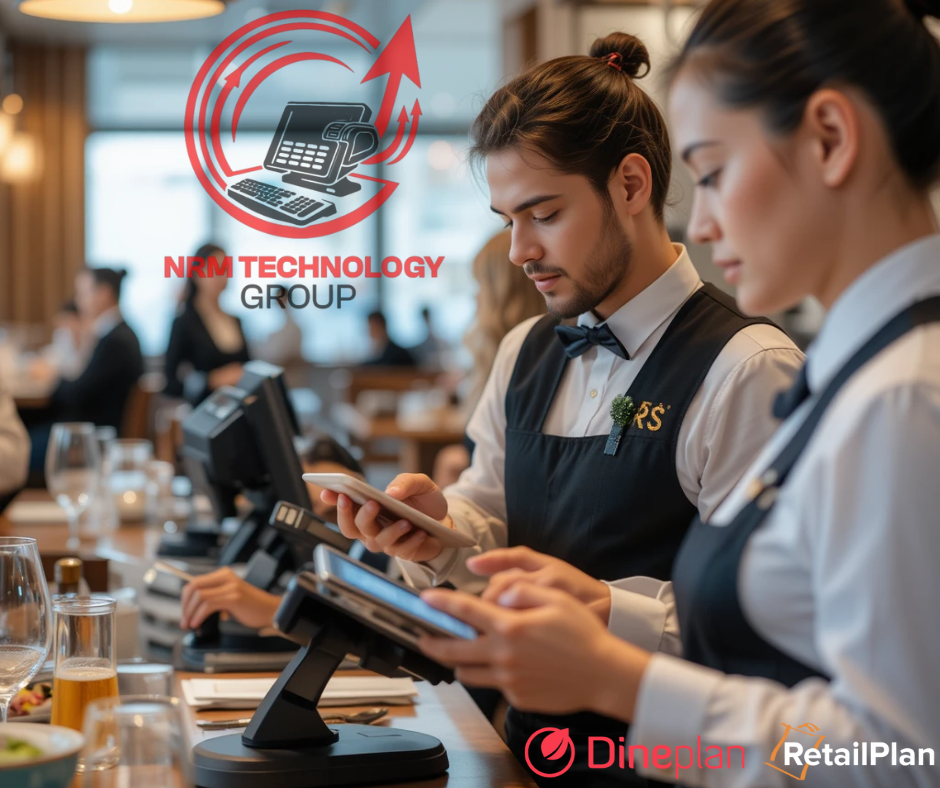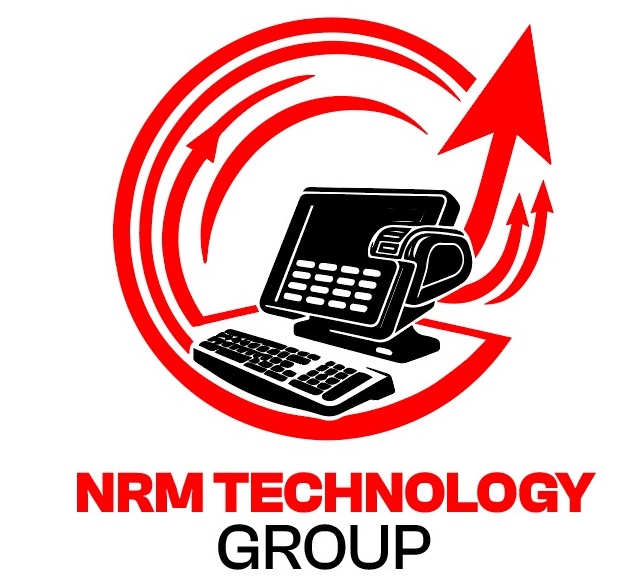Cloud Based POS System in Restaurant
The hospitality industry is undergoing a digital transformation, and at the heart of this evolution is the adoption of cloud-based Point of Sale (POS) systems. These systems are no longer just tools for processing transactions; they have become central to streamlining operations, enhancing customer experiences, and driving business growth. As technology continues to advance, the future of cloud-based POS systems in hospitality looks promising, with innovations that will reshape how restaurants, hotels, and other hospitality businesses operate. In this blog, we’ll explore the key trends and developments that are shaping the future of cloud-based POS systems in the restaurant sector.

1. Mobility and Flexibility: Empowering Staff and Customers
One of the most significant advantages of cloud-based POS systems is their ability to operate on mobile devices. In the future, this mobility will become even more pronounced. Mobile POS (mPOS) systems, running on tablets or smartphones, will allow staff to take orders, process payments, and manage reservations from anywhere on the premises. This flexibility is particularly valuable in busy environments like restaurants, hotels, and event venues, where reducing wait times and improving service efficiency are critical.
For example, servers in a restaurant can take orders tableside, eliminating the need for customers to wait in line at a counter. Similarly, hotel staff can check guests in or out directly at their rooms or at off-site locations, enhancing convenience. This level of mobility not only improves operational efficiency but also elevates the overall customer experience.
2. Seamless Integration with Other Systems
The future of cloud-based POS systems lies in their ability to integrate seamlessly with other business tools and platforms. Hospitality businesses rely on a variety of systems, including inventory management, customer relationship management (CRM), accounting software, and online booking platforms. Cloud-based POS systems will increasingly act as a central hub, connecting these disparate systems and providing a unified view of operations.
For instance, integrating a POS system with inventory management software can help restaurants automatically track stock levels, reduce waste, and reorder supplies when needed. Similarly, integrating with CRM tools can enable personalized marketing campaigns based on customer preferences and purchase history. This level of integration will not only streamline operations but also provide valuable insights that drive smarter decision-making.
3. Advanced Data Analytics and AI-Driven Insights
Data is the new gold, and cloud-based POS systems are poised to become even more powerful in harnessing this resource. In the future, these systems will leverage advanced data analytics and artificial intelligence (AI) to provide actionable insights. Predictive analytics, for example, can help businesses forecast demand, optimize staffing levels, and plan inventory more effectively.
AI-driven tools will also enable personalized customer experiences. By analyzing customer behavior and preferences, cloud-based POS systems can recommend menu items, suggest upsells, and even tailor loyalty programs to individual customers. This level of personalization will not only boost customer satisfaction but also drive repeat business and increase revenue.
4. Enhanced Security and Compliance
As the hospitality industry handles sensitive customer data, including payment information, security is a top priority. Cloud-based POS systems are already known for their robust security features, such as encryption and tokenization. In the future, these systems will incorporate even more advanced security measures, such as biometric authentication and blockchain technology, to protect against cyber threats.
Additionally, cloud-based POS systems will continue to evolve to meet changing regulatory requirements. Whether it’s compliance with data protection laws like GDPR or adherence to Payment Card Industry (PCI) standards, these systems will ensure that businesses remain compliant while safeguarding customer data.
5. Scalability and Cost Efficiency
One of the most appealing aspects of cloud-based POS systems is their scalability. Whether you’re running a small café or a multi-location hotel chain, these systems can grow with your business. In the future, this scalability will become even more accessible, with flexible pricing models that allow businesses to pay only for the features they need.
Cloud-based systems also reduce the need for expensive on-premise hardware and maintenance, making them a cost-effective solution for businesses of all sizes. This affordability, combined with their ability to scale, will make cloud-based POS systems an attractive option for startups and established businesses alike.
6. Elevating the Customer Experience
In the hospitality industry, customer experience is everything. Cloud-based POS systems are playing a key role in enhancing this experience by enabling faster service, personalized interactions, and seamless transactions. Features like contactless payments, self-service kiosks, and mobile ordering are becoming increasingly popular, and their adoption will only grow in the future.
Loyalty programs integrated into POS systems will also become more sophisticated, allowing businesses to reward repeat customers and build stronger relationships. Additionally, real-time feedback tools will enable businesses to address customer concerns promptly, further improving satisfaction and loyalty.
7. Sustainability and Green Initiatives
As sustainability becomes a growing concern for businesses and consumers alike, cloud-based POS systems will contribute to greener operations. By enabling paperless transactions and reducing the need for physical hardware, these systems help businesses minimize their environmental footprint. In the future, we can expect to see more features designed to support sustainability, such as energy usage tracking and carbon footprint reporting.
8. Global Reach with Localized Features
The hospitality industry is inherently global, with businesses catering to customers from diverse cultural and linguistic backgrounds. Cloud-based POS systems will continue to evolve to meet the needs of this global audience. Multi-language and multi-currency support will become standard, allowing businesses to serve international customers seamlessly.
At the same time, these systems will offer localized features to comply with regional regulations, tax requirements, and cultural preferences. This combination of global reach and local adaptability will make cloud-based POS systems indispensable for hospitality businesses operating in multiple markets.
Conclusion
The future of cloud-based POS systems in the hospitality industry is bright, with innovations that promise to revolutionize how businesses operate and interact with their customers. From enhanced mobility and advanced analytics to improved security and sustainability, these systems are set to become even more integral to the success of hospitality businesses.
As the industry continues to evolve, embracing these technological advancements will be key to staying competitive and meeting the ever-changing demands of customers. By investing in cloud-based POS systems, hospitality businesses can not only streamline their operations but also create memorable experiences that keep customers coming back. The future is here, and it’s powered by the cloud.
- Best Coffee Shops in Pakistan Using DinePlan POS for Seamless and Efficient Service
- Free FBR POS Integration Services With RetailPlan POS — Simplify Your Retail Business
- How Resellers Can Grow Their Business with ERP Solutions
- Maximizing Restaurant Efficiency with DinePlan POS System in Pakistan: A Complete Guide
- Unlocking Benefits and Efficiency of Using a POS System in Your Retail Shop
